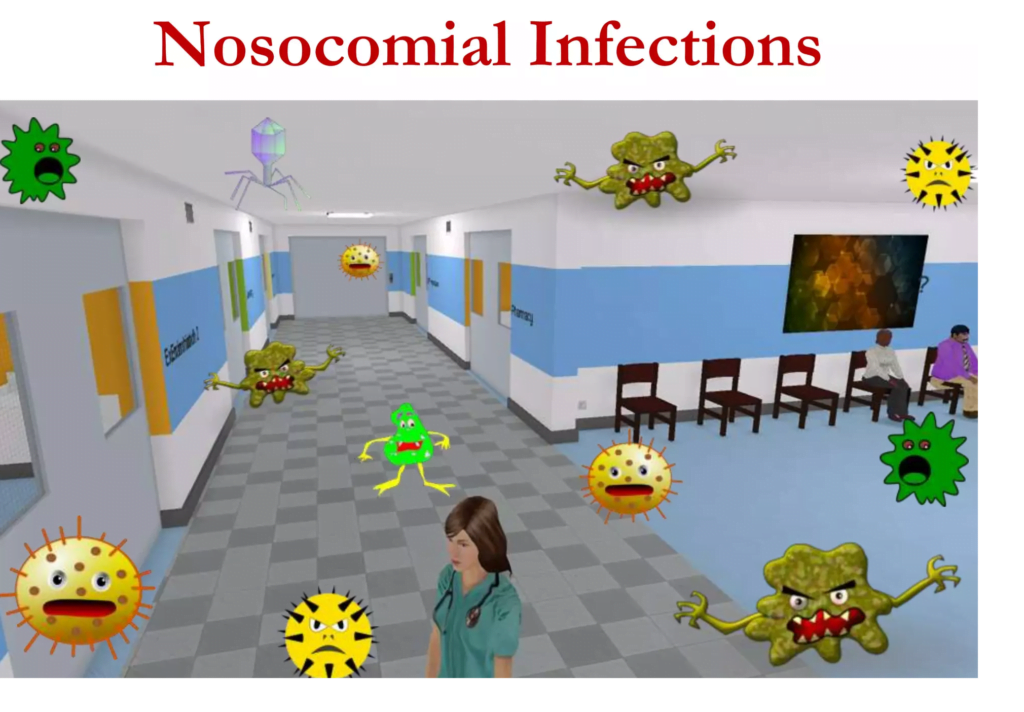Introduction
Biodiversity plays a vital role in the sustainable of our planet. It the astonishing variety of living organisms found on Earth, including plants, animals, and microorganisms, their unique genes, and the ecosystems they form. Preserving biodiversity is essential for a healthy and balanced environment, as well as for the well-being of present and future generations.
Understanding Biodiversity
Biodiversity is not simply about the number of species that exist – it is also about the richness and diversity within species, the different ecosystems they inhabit, and the complex interactions between them. It is this intricate web of life that ensures the stability and resilience of ecosystems in the face of environmental changes.
The Benefits of Biodiversity
Biodiversity provides numerous benefits to humanity. It contributes to climate regulation, water purification, soil fertility, and nutrient cycling. Moreover, it offers us sources of food, medicine, fibers, and other raw materials. Additionally, biodiversity promotes recreational and cultural values, enhances aesthetic appeal, and contributes to the overall spiritual well-being of individuals and communities.
Biodiversity and Ecosystem Services
Ecosystems are the foundation of human existence and are highly dependent on biodiversity. They provide us with essential services such as pollination, natural pest control, soil formation, and flood prevention. These services are often taken for granted but are crucial for maintaining the productivity and functionality of our ecosystems, which in turn support human livelihoods.
Threats to Biodiversity
Unfortunately, biodiversity loss is occurring at an alarming rate due to various factors, primarily driven by human activities. Habitat destruction, pollution, climate change, overexploitation of species, and invasive alien species are some of the main threats to biodiversity. These factors disrupt ecosystems, leading to cascading impacts, and ultimately compromising the integrity of our planet’s biodiversity.
Conservation Efforts
Recognizing the importance of preserving biodiversity, conservation efforts have gained momentum worldwide. Governments, scientists, NGOs, and local communities are actively engaged in initiatives aimed at conserving and restoring ecosystems, protecting endangered species, and promoting sustainable management of natural resources. These efforts include setting up protected areas, implementing wildlife conservation programs, and integrating biodiversity considerations into land-use planning.
The Role of Biodiversity in Sustainable Development
Biodiversity is intrinsically linked to sustainable development. It contributes significantly to poverty reduction, food security, and human health. Sustainable agricultural practices that prioritize biodiversity conservation ensure long-term food production and improve farmers’ resilience to environmental change. Similarly, sustainable forestry practices safeguard the ecological integrity of forests while providing timber and non-timber forest products.
Biodiversity and Economic Growth
Biodiversity also plays a significant role in fueling economic growth. Industries such as pharmaceuticals, agriculture, and tourism rely heavily on the diverse genetic resources found in nature. Biodiversity-based industries provide employment opportunities and generate revenue, particularly in developing countries. Therefore, protecting biodiversity not only conserves the environment but also supports sustainable economic development.
Biodiversity and Human Well-being The well-being of humanity is intricately linked to biodiversity. Healthy ecosystems and diverse species provide us with essential services like clean air, fresh water, and fertile soil. Moreover, connecting with nature has proven psychological and emotional benefits, contributing to improved mental health. A loss of biodiversity threatens these fundamental aspects of our overall well-being.


